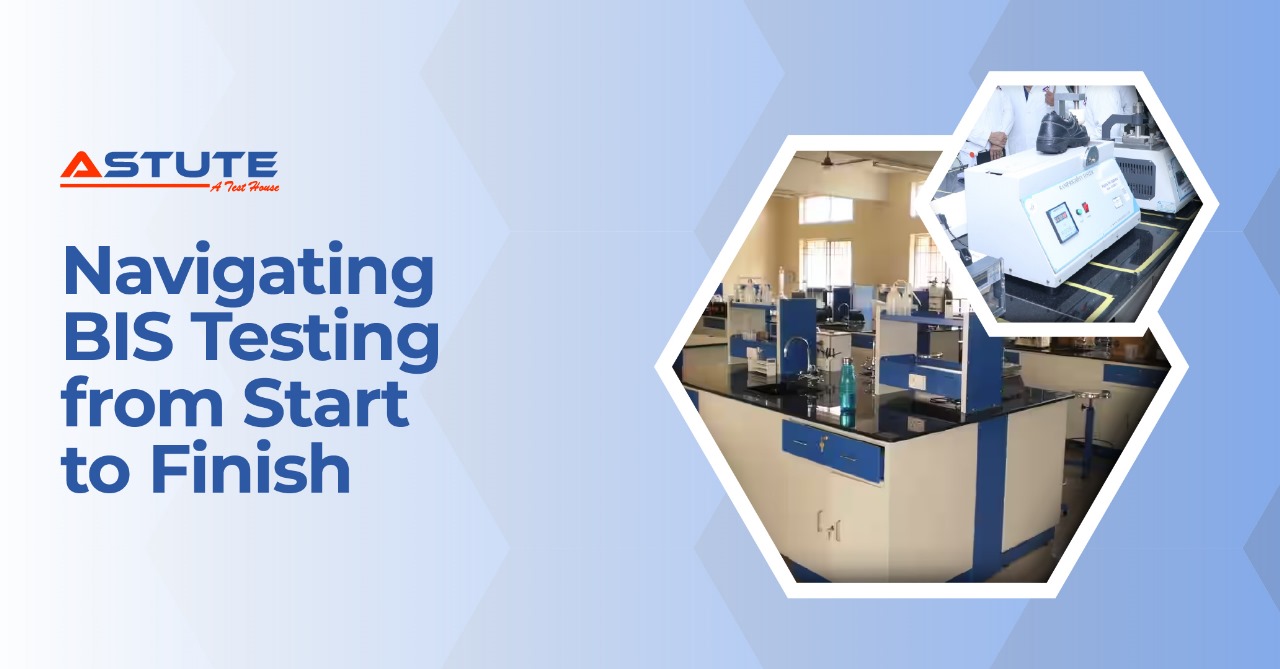Medical devices must undergo rigorous testing before they can be marketed. Testing ensures safety, performance, and regulatory compliance, but the exact requirements depend on how a device is classified.
At Astute Labs, a NABL, BIS, CDSCO, and QAI-accredited facility, we specialize in guiding Indian and global manufacturers through this process. Since 2012, our laboratory has provided medical device testing and calibration services that meet international standards, helping devices succeed in the U.S., EU, and Indian markets.
Why Device Classification Matters
Testing requirements are not the same for every device. Regulatory authorities such as the FDA (US), MDR (EU), and CDSCO (India) classify devices based on their intended use, duration of contact, and level of risk.
- Class I / A: Low-risk devices like bandages or stethoscopes.
- Class II / B–C: Moderate-risk devices such as syringes, catheters, or monitors.
- Class III / D: High-risk and implantable devices like pacemakers and artificial valves.
The higher the risk, the more comprehensive the testing requirements.
Testing Categories That Apply Across All Classes
Astute Labs provides complete coverage of essential testing standards, ensuring compliance from entry-level to high-risk devices.
Electrical Safety and EMC (IEC 60601 Series)
Protects patients and environments from electrical hazards and interference. Our EMI/EMC testing includes radiated emissions, ESD, RF immunity, and power surge testing. We also offer pre-compliance checks to reduce redesign costs.
Software and Cybersecurity (IEC 62304)
Covers validation of embedded and standalone software. For connected devices, cybersecurity testing ensures resilience against vulnerabilities and aligns with FDA guidance.
Usability (IEC 62366)
Focuses on human factors and critical task safety, ensuring devices are safe and effective in real-world use.
Testing Requirements by Device Class
Low-Risk Devices (Class I / A)
- Functional and labeling compliance
- Basic electrical safety (if powered)
Moderate-Risk Devices (Class II / B–C)
- Electrical and EMC compliance
- Software validation and usability testing
- Device-specific performance standards
High-Risk Devices (Class III / D)
- Full electrical safety and EMC
- Software verification and cybersecurity testing
How Astute Labs Supports Compliance
Astute Labs offers testing services across device classes with proven expertise in:
- Medical Device Testing: EC 60601-1 & Particular Standards, such as IEC 60601-2-2, IEC 60601-2-4, IEC 60601-2-24, etc., compliance with advanced pre-compliance.
- EMI/EMC Testing: IEC 60601-1-2 compliance with advanced pre-compliance diagnostics.
- IT and Audio-Video Product Testing: Supporting equipment evaluations under IEC standards.
With over a decade of experience and internationally recognized accreditations, Astute Labs is a trusted partner for manufacturers seeking reliable testing and faster market approvals.
Compliance Checklist for Manufacturers
Use this simple roadmap when preparing your device for testing:
- Define device risk class (low, medium, or high).
- Map requirements to regional regulations (FDA, MDR, CDSCO).
- Create a risk management file (ISO 14971).
- Work with an accredited lab like Astute Labs for execution.
- Compile technical documentation for regulatory submission.
Get Expert Testing with Astute Labs
Testing is more than a regulatory requirement. It ensures that medical devices are safe, effective, and market-ready. Whether you are developing a Class I diagnostic or a Class III implant, Astute Labs provides the testing expertise and accredited services needed for global compliance.
Contact us today to discuss your device and build a tailored compliance testing plan.





